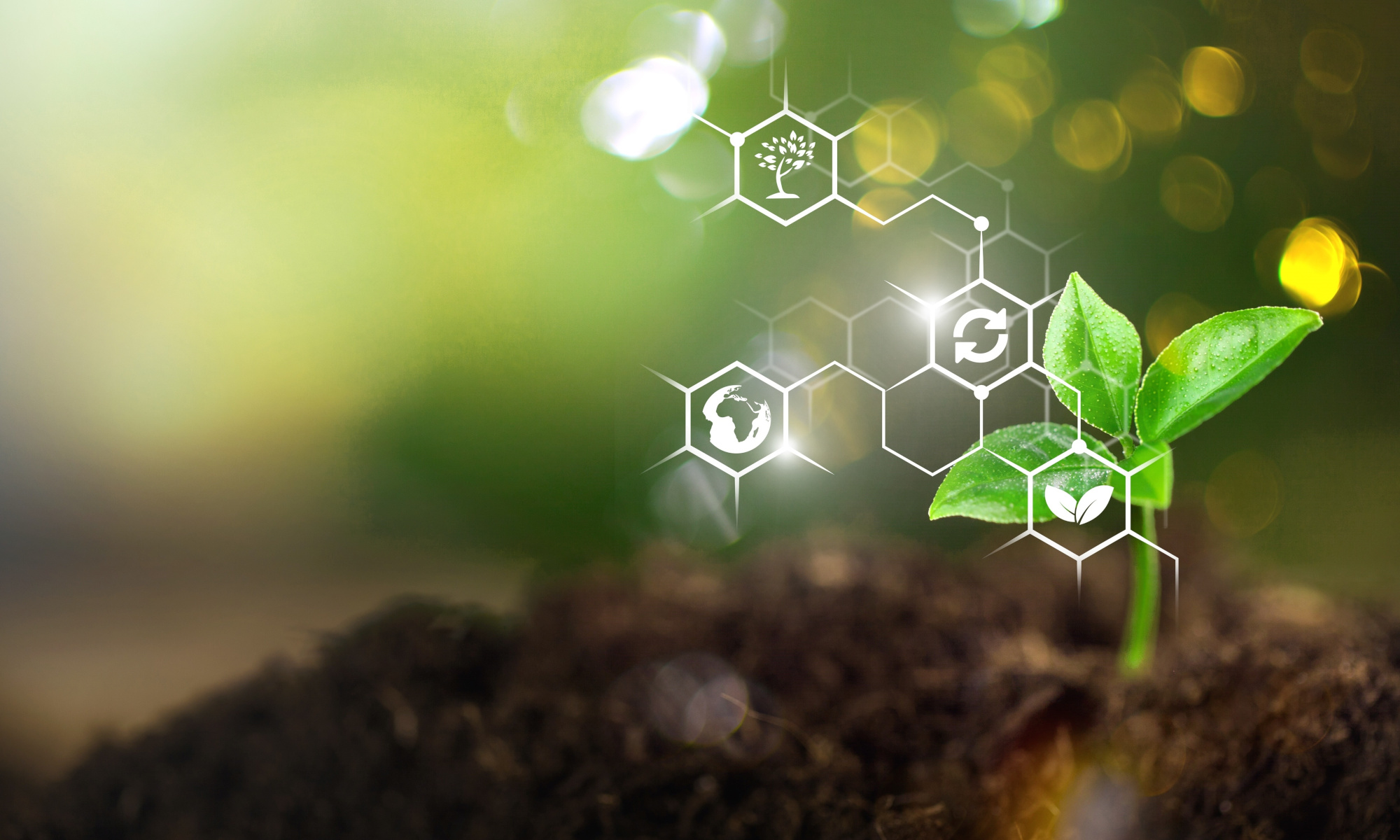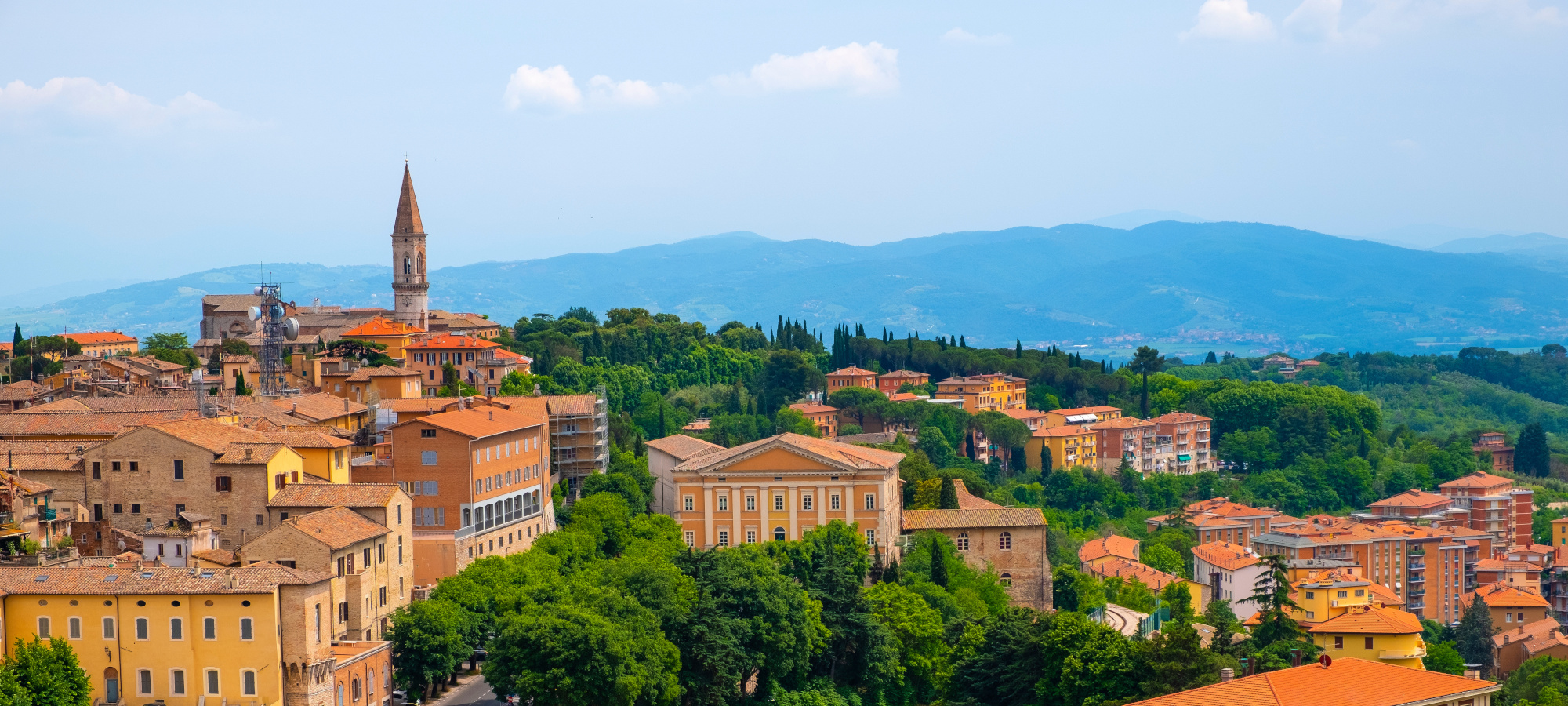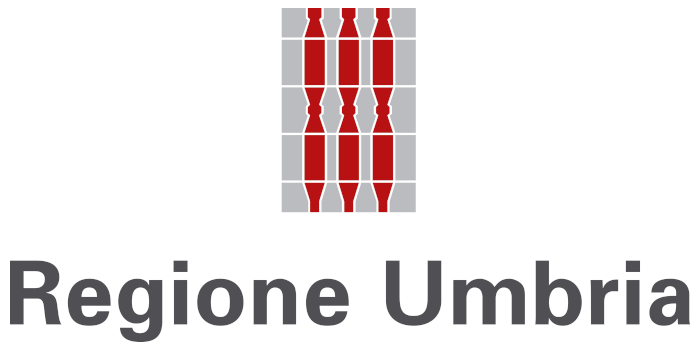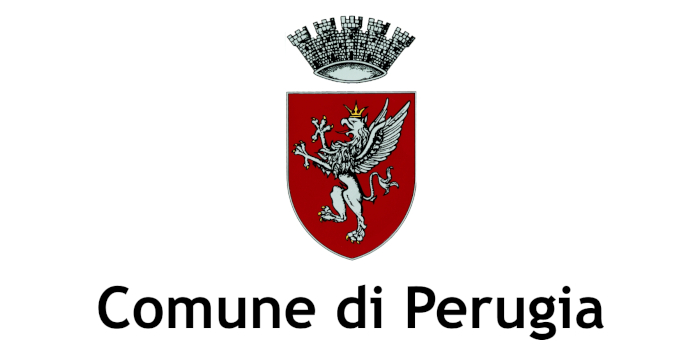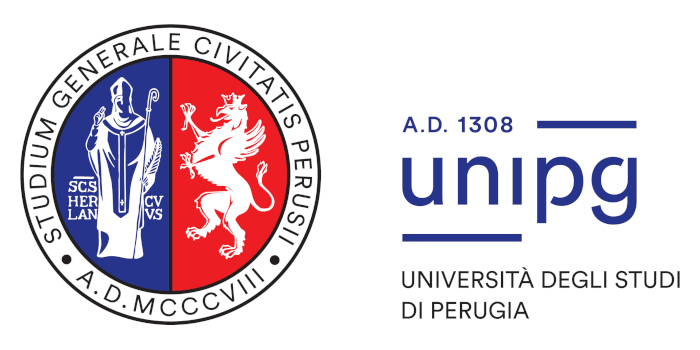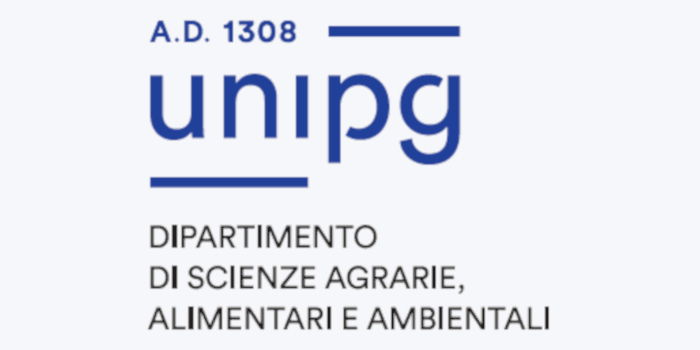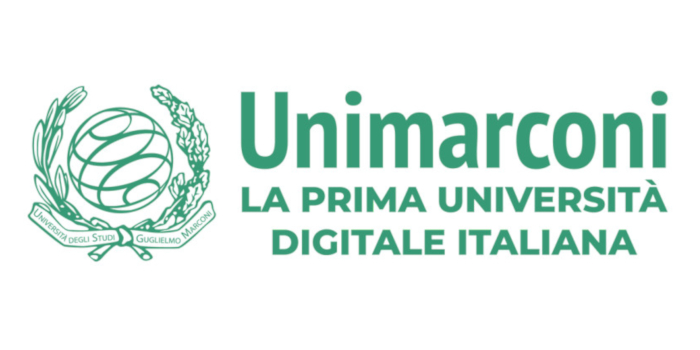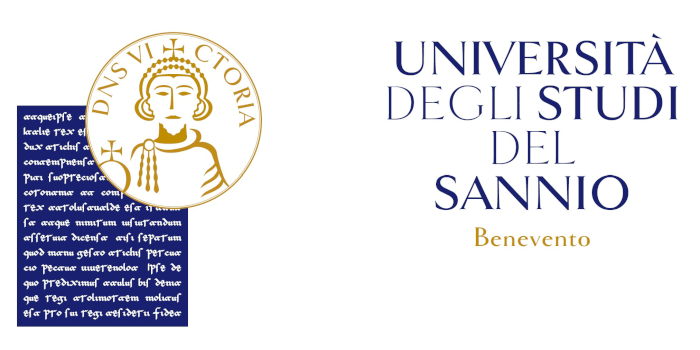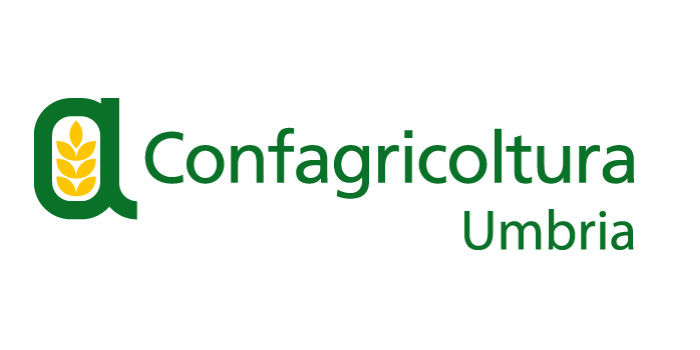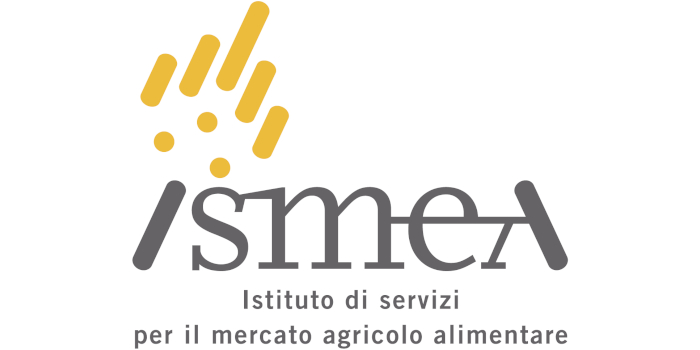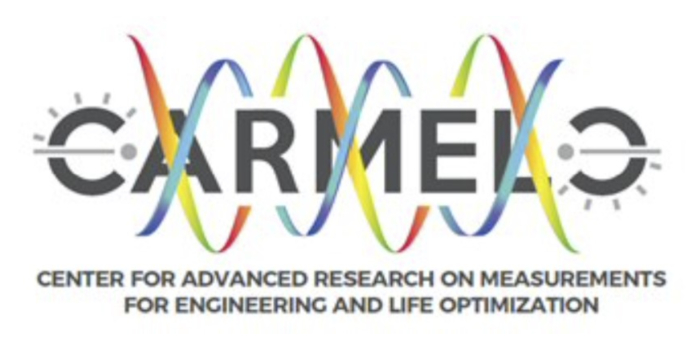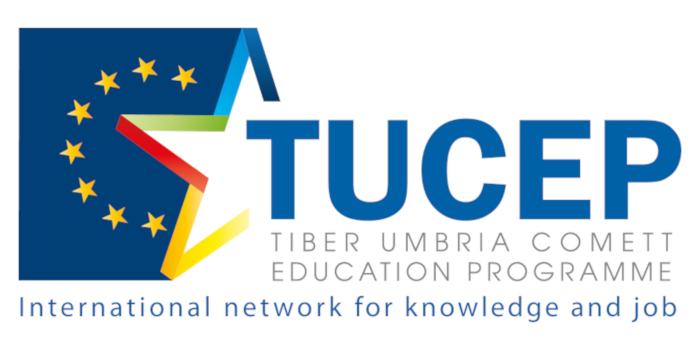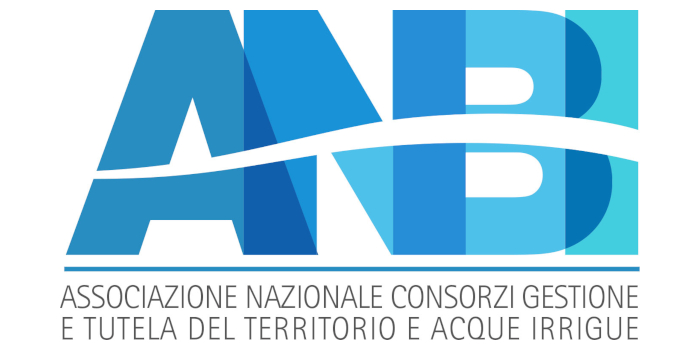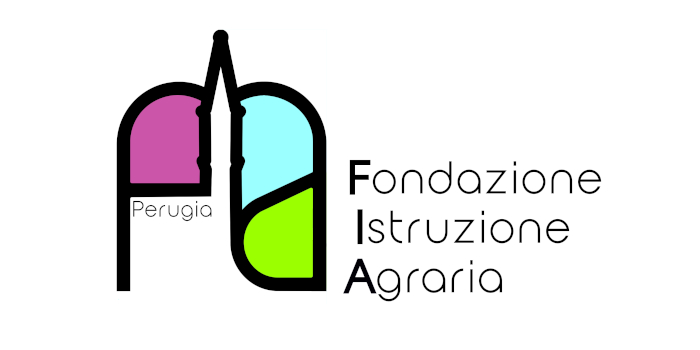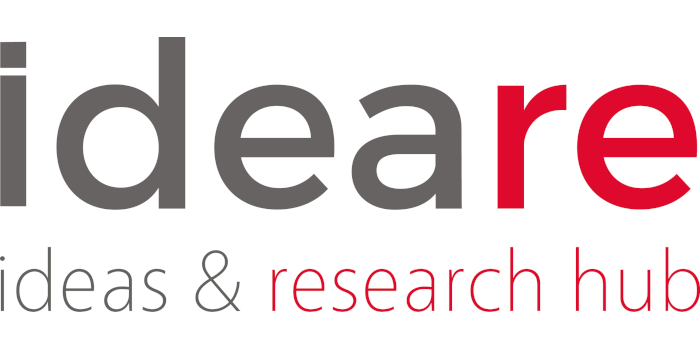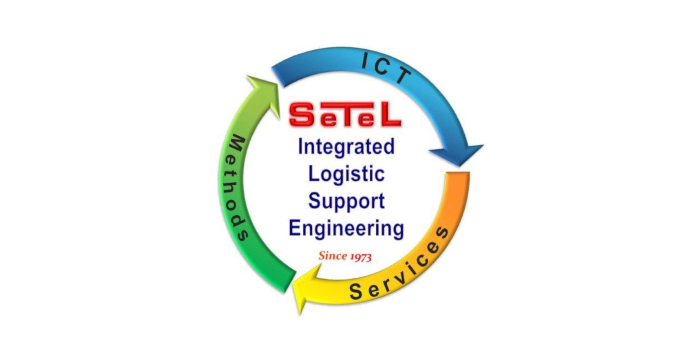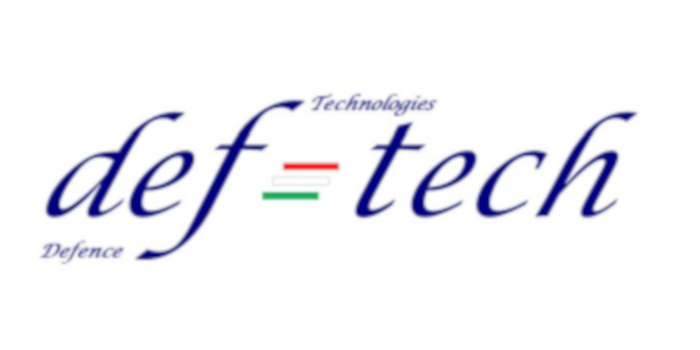Contactless measurements, Edge Computing and Computer Vision for agriculture, forestry and zootechnics
ORGANIZED BY
Milena Martarelli
Università Politecnica delle Marche, Italy
Loris Francesco Termite
Idea-Re S.r.l.
ABSTRACT
Contactless measurements have proven to be useful in several agricultural, forestry or zootechnical scenarios: from the monitoring of crop growth in protected environments to the observation of large areas, they allow to collect data which would be otherwise hard to obtain. Processing such data with the most recent Data Science methodologies can lead to useful insights and remarkable results; moreover, the use of devices belonging to the Internet of Things ecosystem brings about additional advantages. Edge Computing – i.e. performing computations where measurements are taken, rather than on remote units – helps limiting data transfer needs and lowers the risk of underusing the acquired data.
TOPICS
Given the context of agricultural, forestry and zootechnical problems, topics for this special session include, but are not limited to:
- Contactless measurements: photogrammetry, 3D scanning, proximal and remote sensing;
- Computer Vision, Machine Learning and other Artificial Intelligence and Data Science methodologies;
- Internet of Things and Edge Computing.
ABOUT THE ORGANIZERS
Milena Martarelli, is associate professor in the Engineering Faculty of Università Politecnica delle Marche. She is the Director of the Interdepartmental Center for Advanced Research on Measurements for Engineering and Life Optimization (C.A.R.M.E.L.O.) joining together different research groups of the Università Politecnica delle Marche, from Industrial and Information Engineering to Medicine, Natural Sciences and Agriculture. She obtained her PhD in Mechanical Dynamics at Imperial College of London. Her field of research is focused on the topics of the mechanical and thermal measurements and specifically her expertise is on optical and vision-based measurement techniques, from laser Doppler vibrometry to imaging in the visible and IR spectrum. She studies the application of those measurement techniques to diagnostics, on-line quality control, structural dynamics, 3D printing process monitoring, and also forensics.
Dr. Loris Francesco Termite graduated in Civil Engineering – specializing in Hydraulics – at University of Perugia, where he also obtained his PhD in Sustainable Rural Development. As a PhD student, he started studying Machine Learning, putting together the field of Artificial Intelligence and his previous training through applications to hydrological and soil science problems. After some years as a postdoctoral research fellow at University of Perugia he joined Idea-Re S.r.l., where he holds a position as researcher and data scientist. His main research tasks comprise the exploitation of Machine Learning and Data Science to tackle environmental, hydraulic and hydrological problems. He is author or co-author of 10 peer-reviewed research papers covering the fields of Machine Learning, Remote Sensing, Edge Computing, use of IoT devices, contactless measurements and Quantum Computing, in the context of hydrology, hydraulics, soil science and smart agriculture.
